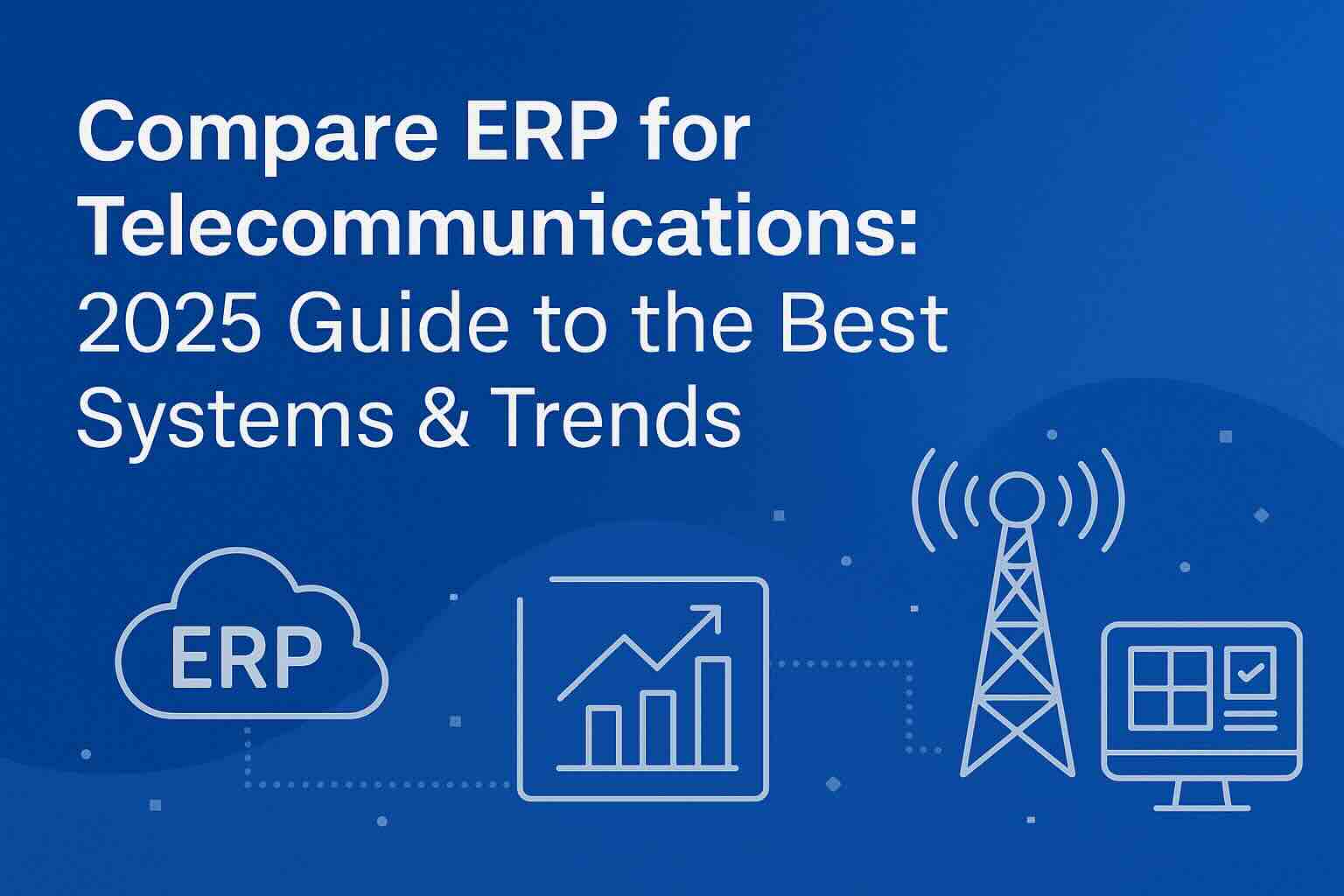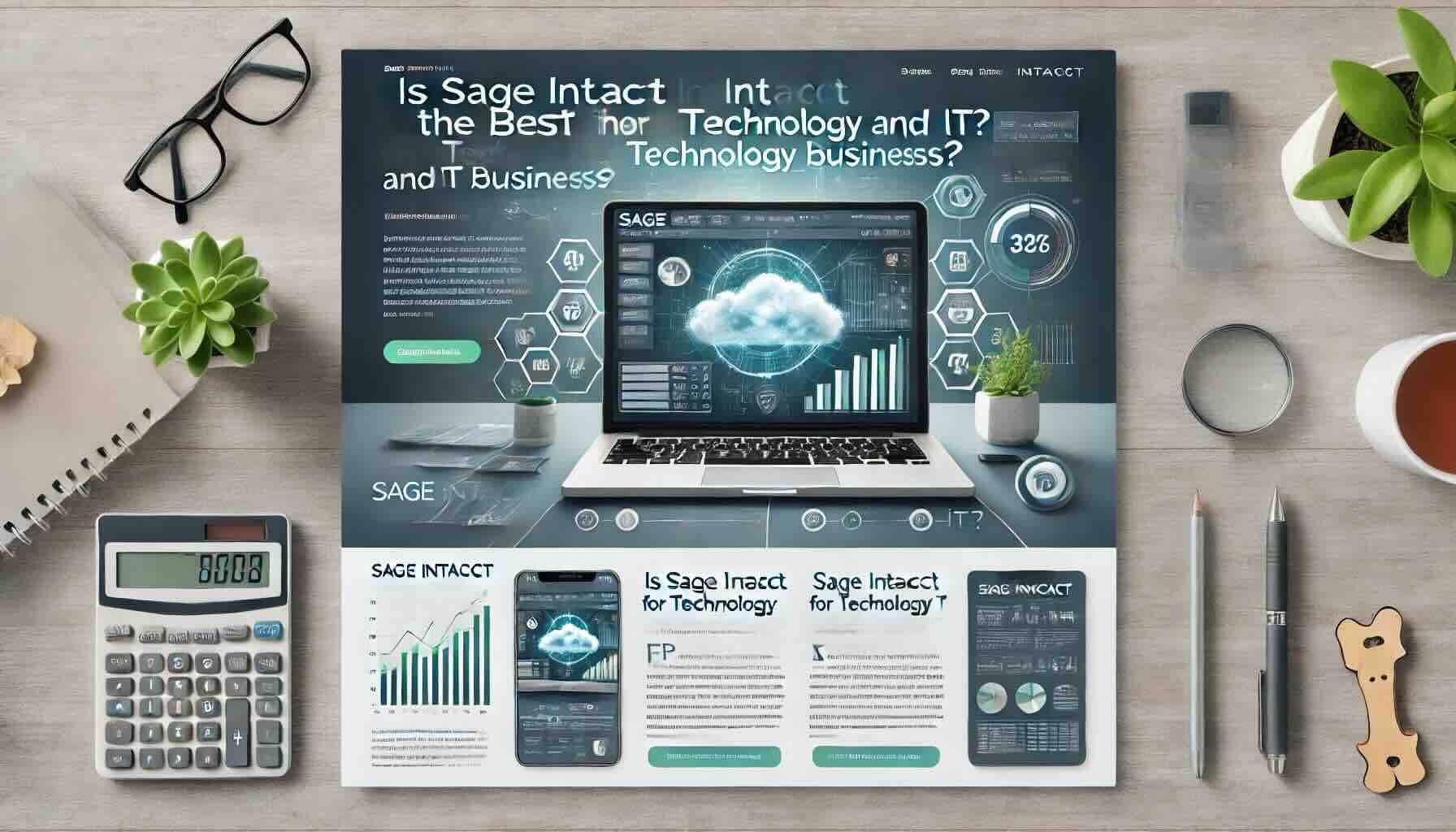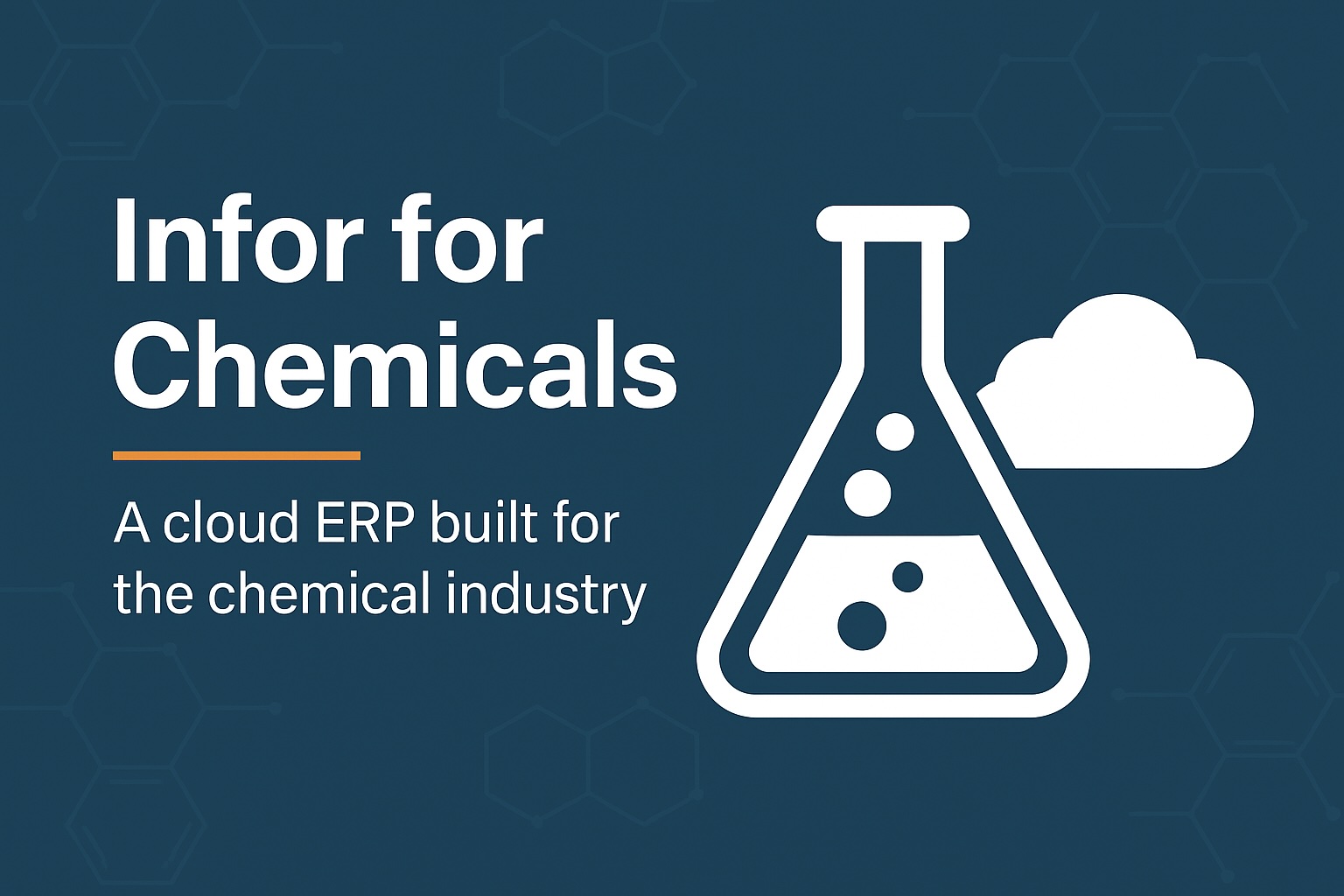Is Epicor a Top ERP for Equipment Businesses?

In today’s rapidly evolving industrial landscape, equipment businesses face unique challenges in managing their operations. Whether it’s construction, agriculture, or heavy machinery sectors, the need for effective resource management, inventory control, and service tracking is paramount. Enterprise Resource Planning (ERP) systems have become indispensable tools for streamlining business processes, and Epicor for equipment businesses stands out as a solution designed specifically for these industries. But is Epicor really a top ERP choice for equipment businesses? Let’s explore its key features, benefits, and potential drawbacks.
Understanding Epicor ERP
Epicor is a well-established ERP provider, offering solutions tailored to different industries, including manufacturing, distribution, and retail. Its Epicor Kinetic system, previously known as Epicor ERP, is specifically designed for businesses that need to integrate various processes—from accounting and finance to supply chain and production—into a single system.
Epicor’s software suite provides comprehensive capabilities for managing business operations, and its vertical industry focus makes it especially suitable for companies in the equipment industry. Epicor has built a reputation for providing scalable solutions that can accommodate both small and large enterprises, which makes it an attractive option for equipment businesses with diverse operational requirements.
Key Features of Epicor for Equipment Businesses
Epicor’s ERP system offers a variety of features that cater to the specific needs of equipment businesses:
1. Inventory and Supply Chain Management
Managing heavy machinery, tools, and replacement parts is a core challenge for equipment businesses. Epicor offers robust inventory management capabilities that allow companies to track their stock levels, manage reorders, and optimize warehouse operations. The ERP’s advanced features help businesses manage serialized inventory, which is crucial for tracking specific equipment or parts through the supply chain.
2. Service Management and Aftermarket Support
In the equipment industry, after-sales service and support play a vital role in maintaining customer satisfaction and retention. Epicor provides service management tools that enable businesses to schedule maintenance, track service histories, and manage warranties. These capabilities ensure that equipment downtime is minimized and customer expectations are met or exceeded.
3. Rental Management
One of the standout features of Epicor for equipment businesses is its rental management module. This is particularly important for companies that lease or rent out heavy equipment, a common practice in construction and industrial sectors. The system tracks rental contracts, usage, maintenance, and returns, helping businesses maximize the utilization of their rental fleet.
4. Project Management
Large-scale equipment operations often involve complex projects, especially in sectors like construction and mining. Epicor’s project management tools help businesses track project timelines, resource allocation, and costs. This functionality ensures that equipment and labor resources are efficiently used, and project budgets are adhered to.
5. Financial Management
As with any ERP system, Epicor excels in integrating financial data across the organization. It provides comprehensive financial reporting, cost management, and billing capabilities. Equipment businesses, in particular, benefit from tools that allow for job costing, budgeting, and financial forecasting—ensuring that operational costs are tightly controlled.
6. Mobile Access and Cloud-Based Functionality
Epicor’s cloud-based offering, Epicor Kinetic, allows businesses to access critical data and manage operations from anywhere. This is a significant advantage for equipment businesses, where operations often take place on remote job sites. The mobile app ensures that employees can monitor inventory levels, submit service requests, or check financial reports on the go.
Benefits of Epicor for Equipment Businesses
1. Industry-Specific Functionality
Epicor is not a generic ERP solution but one that is designed with industry-specific needs in mind. Its tailored features for equipment businesses, such as rental management and service tracking, set it apart from many other ERP solutions that may lack this focus.
2. Scalability
Epicor’s modular design allows businesses to scale up or down as needed. Whether a company is a small local rental business or a large multinational equipment distributor, Epicor can adapt to changing requirements, making it a long-term solution for growing businesses.
3. Enhanced Productivity
With Epicor, many manual processes can be automated, leading to higher productivity across the organization. This includes automated billing, inventory reordering, and service tracking—freeing up employees to focus on more strategic tasks.
4. Improved Customer Satisfaction
By providing timely maintenance, ensuring equipment availability, and streamlining the rental process, businesses can improve their customer satisfaction rates. The ability to offer quick resolutions to service requests and minimize equipment downtime is invaluable in the competitive equipment industry.
Potential Drawbacks
1. Implementation Time and Cost
As with any ERP system, implementing Epicor can be a complex and time-consuming process. Depending on the size of the organization and the complexity of its operations, it can take several months to fully integrate Epicor into business processes. Additionally, the cost of implementation can be high, particularly for smaller businesses that may not have the budget for such a large-scale software deployment.
2. Customization Needs
Although Epicor is highly customizable, some businesses may find that extensive customization is needed to fully meet their specific needs. This can add to the overall implementation time and cost. However, Epicor’s flexibility is a double-edged sword—it allows businesses to fine-tune the system to their exact needs, but this often comes with additional complexity.
3. Learning Curve
For businesses transitioning from legacy systems or manual processes, the learning curve for Epicor can be steep. Employees need time to adapt to the new system, and training is essential to ensure a smooth transition. However, Epicor offers robust support and training resources to assist with this process.
Is Epicor the Right ERP for Your Equipment Business?
Epicor is undoubtedly one of the top ERP solutions for equipment businesses, offering industry-specific features that address the unique challenges of this sector. From rental management to service tracking, it provides comprehensive tools to streamline operations, improve efficiency, and enhance customer satisfaction.
However, the decision to implement Epicor should be based on a careful evaluation of your business’s specific needs, size, and budget. While it offers a range of benefits, the potential costs and complexities of implementation should be carefully weighed. For large equipment businesses or those experiencing rapid growth, Epicor is an excellent choice that can scale alongside the company’s expansion.
In conclusion, Epicor for equipment businesses is a powerful ERP system that delivers industry-specific solutions designed to meet the demands of modern equipment operations. For businesses looking to streamline their operations and drive growth, Epicor stands out as a top contender in the ERP space. To find out more about Epicor click this link.
Find the Perfect ERP in Minutes
Choosing the right ERP can transform your business. With our AI-powered Compare ERP tool, you can quickly explore and compare solutions tailored to your needs. Get a personalized recommendation in less than five minutes. Our advanced engine analyzes millions of data points across 100+ ERP solutions, delivering your top three picks based on your business priorities. Best of all, it’s completely free. Take the first step toward streamlining operations and boosting productivity – start comparing today!
By carefully evaluating your requirements and conducting thorough vendor assessments, you can identify the ERP software best for equipment that will not only streamline your processes but also position your company for future success.









